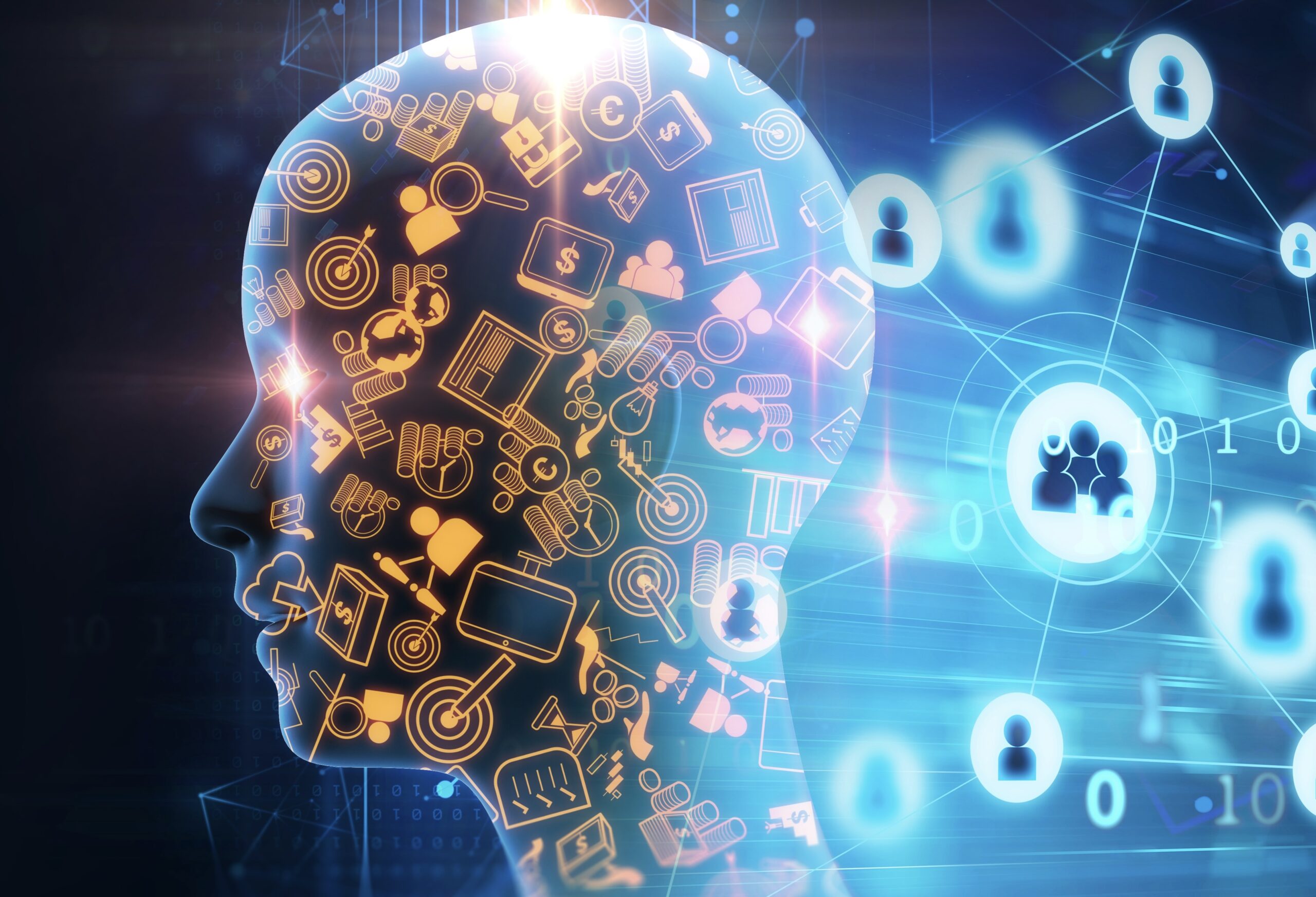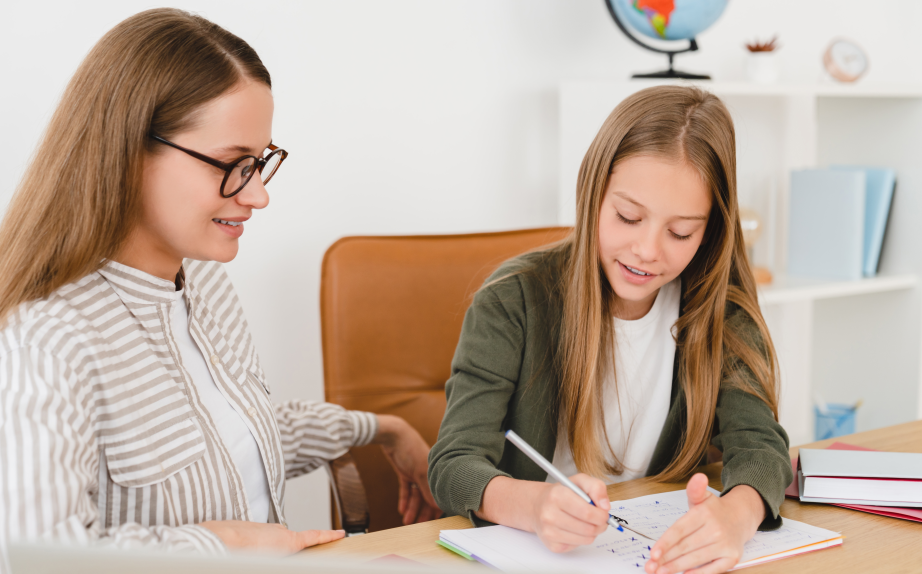Understanding the science behind how we learn
28.06.22
As educators, it’s what we do – we help students to learn.
But have we actually thought about how learning occurs? Of course, engaging teaching certainly helps; but as individuals we all learn in different ways and have preferred learning styles.
So, what is it that helps us master something new?
Understanding how the brain works
The human brain is a truly remarkable thing; it does countless incredible things every single day.
However, it is so clever that it also makes us extremely lazy! The brain will scurry around looking for ways to stop us having to exert too much effort. This is why so many of us are prone to cutting corners a lot of the time. We naturally look for shortcuts and a way to make things easier for ourselves.
The brain loves it when it can slip into autopilot: riding a bike, driving a car, playing a game. We love it when we can do things without having to think too hard about it.
And when we come across something new, often we find it frustrating and feel that it is too difficult.
That’s a pupil in a classroom right there – trying to learn something they don’t know and don’t really have much interest in.
This is why – to learn something – you need to practise enough times so that the brain recognises it and puts it into autopilot for you.
Trigger and reward
Humans are hardwired to need both a trigger and a reward to make us want to do something. The trigger needs to be something that kickstarts the brain into realising it must be time to try out the new skill that has been learned. The reward is the motivation for doing something. For most of us, there has to be a reward. There must be something in it for us.
How does this look in a classroom setting? A student is faced with a poem. The brain recognises that is often asked to analyse language features. This reminder acts as the trigger to begin analysing the use of simile and metaphor in the poem. The reward is the thought of positive feedback or a high grade, and the possibility of moving one step closer to the target grade.
The importance of self-belief
Last but definitely not least is the importance of self-belief. Ignore the significance of this at your peril. We need to believe that we can do something. It doesn’t matter what the ‘something’ is: a new skill, a subject topic, an exam – if our brain isn’t telling us that we can do this, the chances of success are slim.
We also need to believe that it is normal and natural to get things wrong, fall short, or make mistakes. Understanding that we can learn and recover from setbacks is incredibly important. How we react to failure is far more telling than how we respond to success.
A tutor can unlock potential and tap into how a student learns. Get in touch to find out more.





